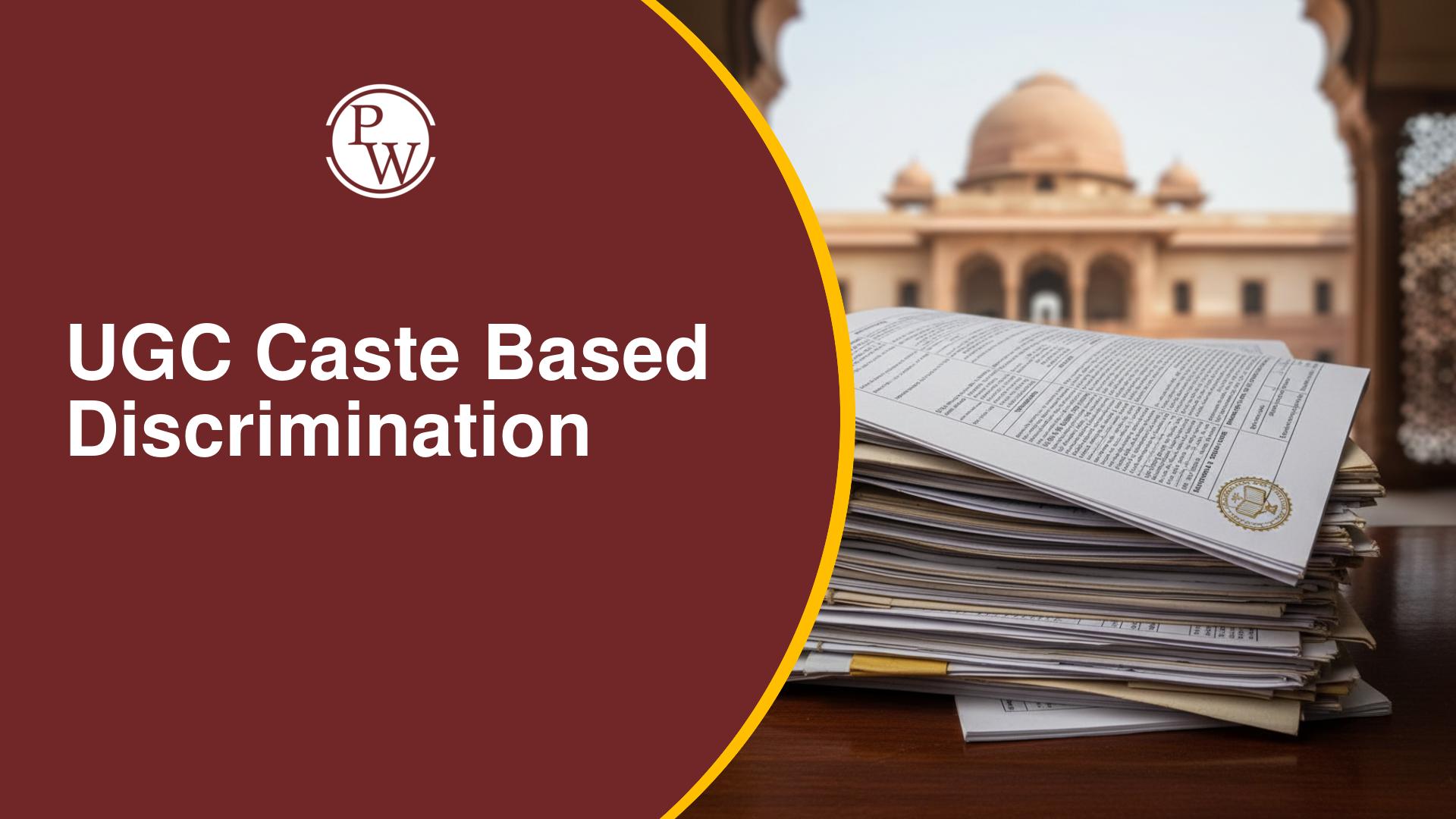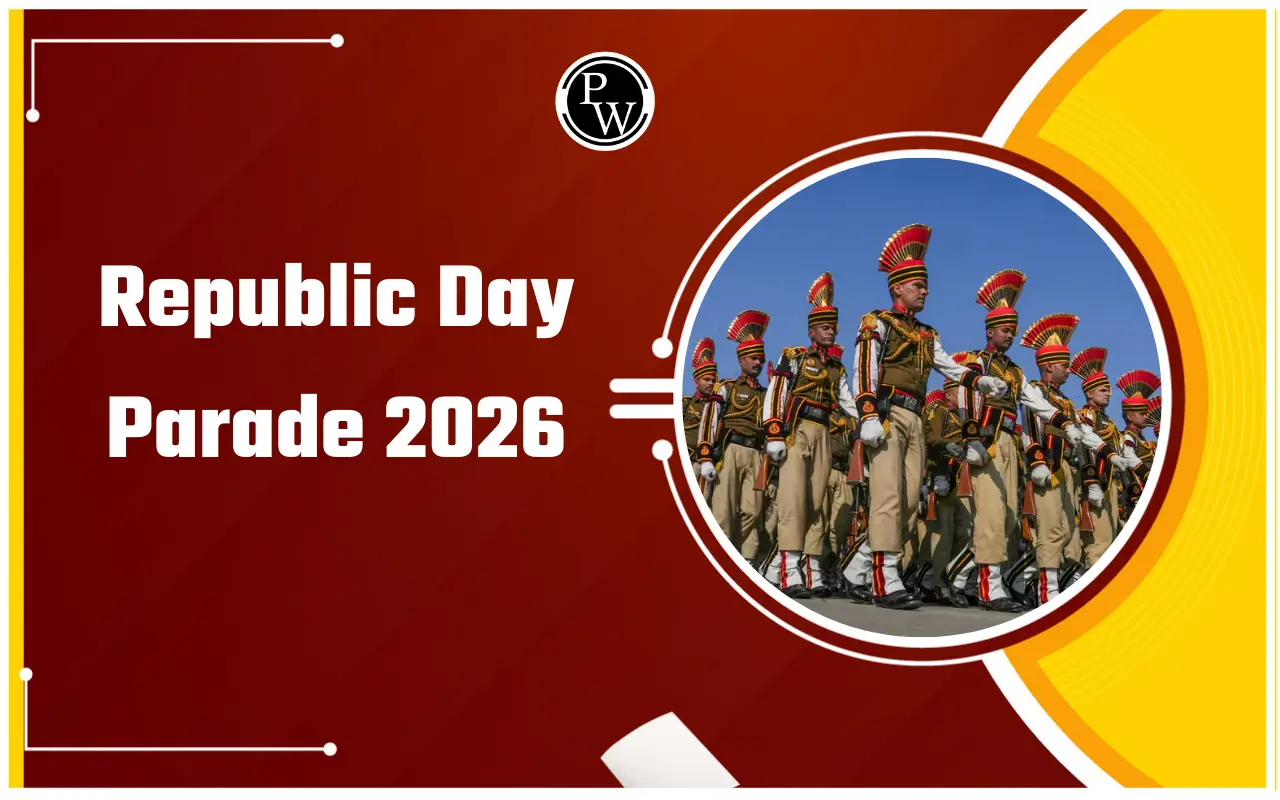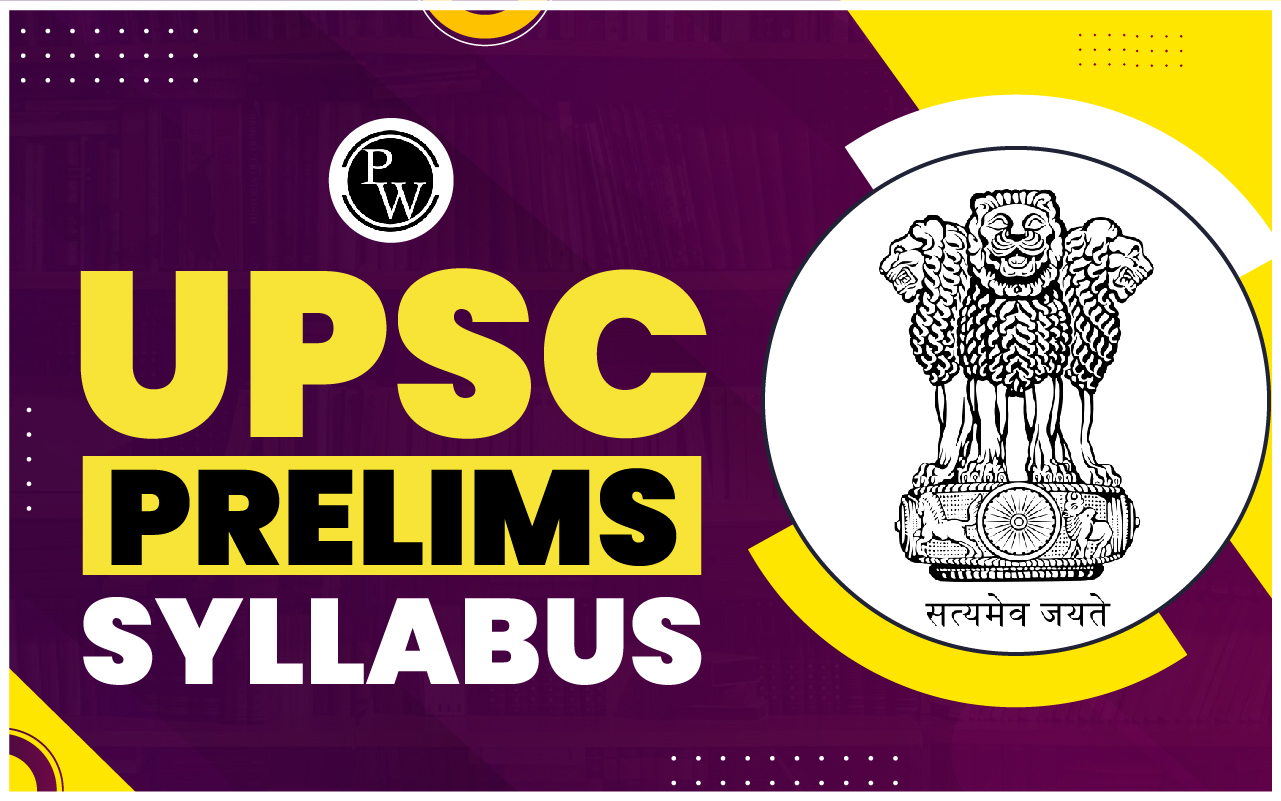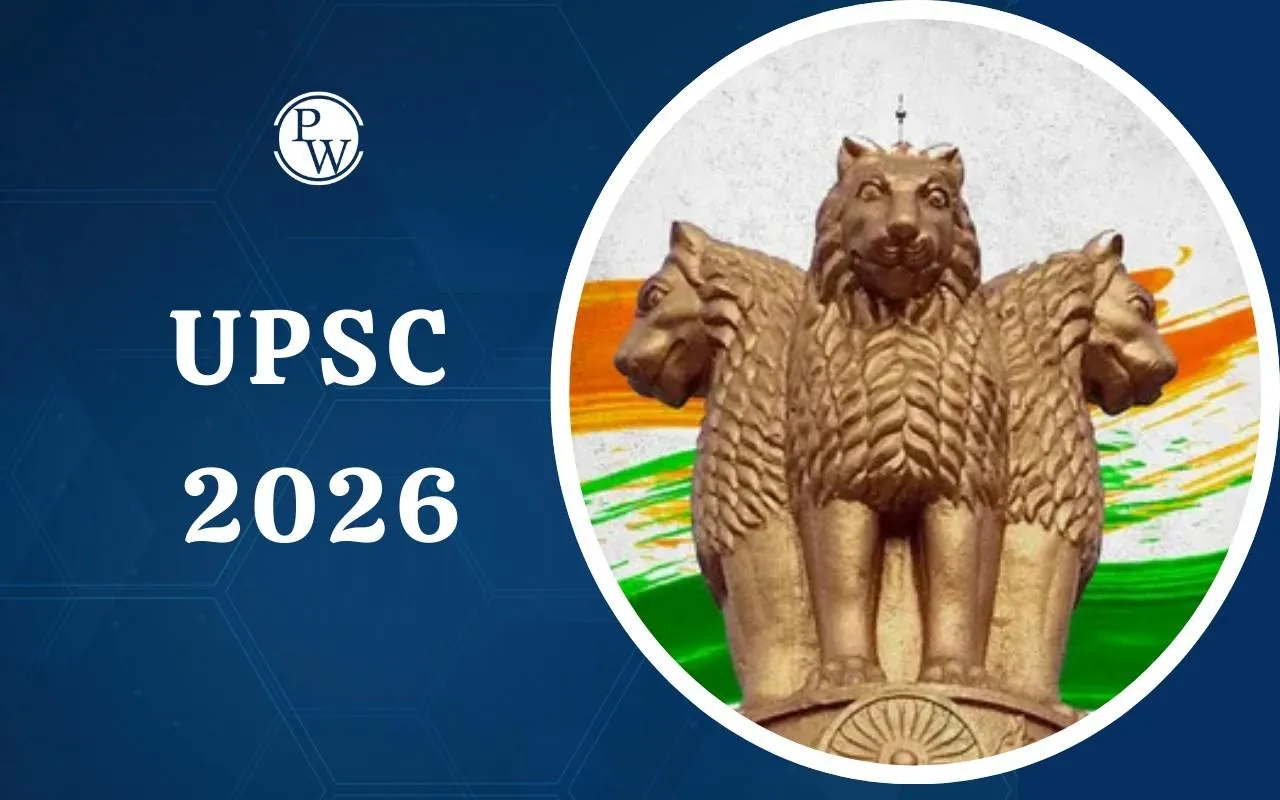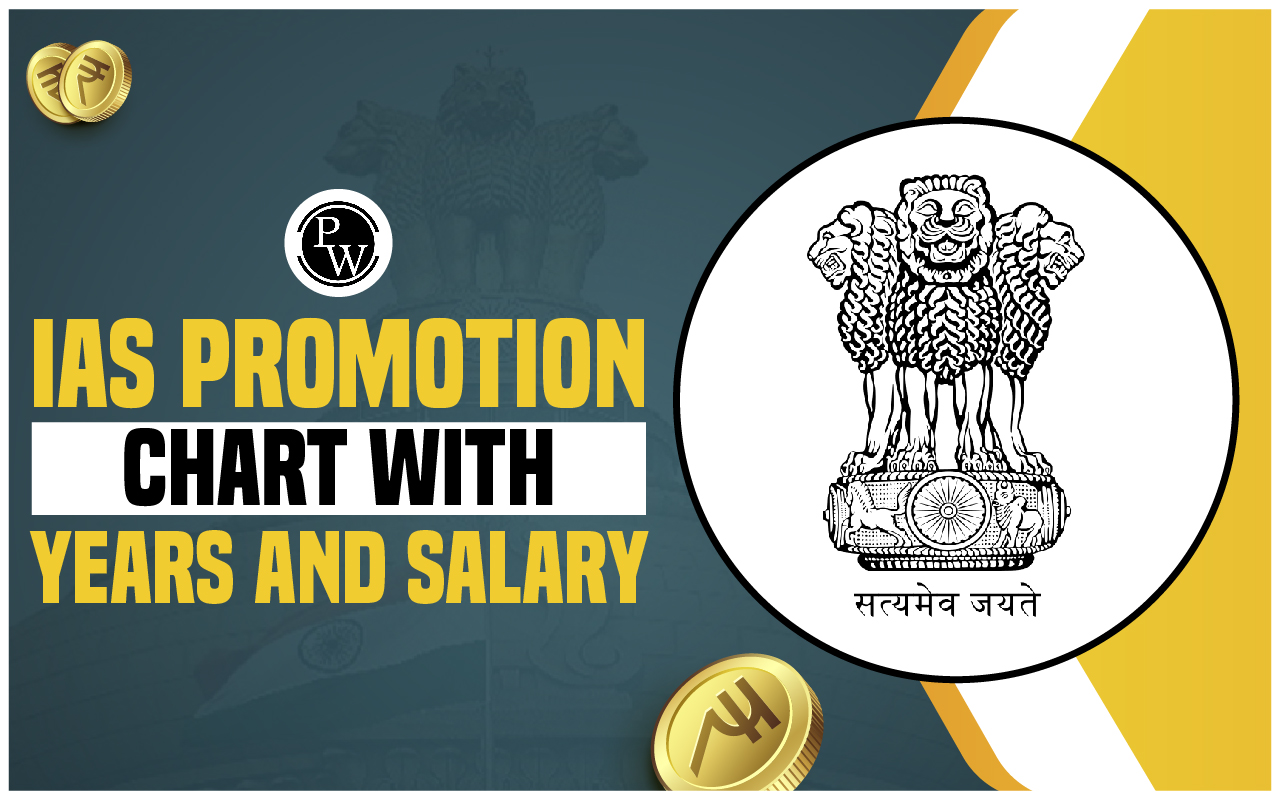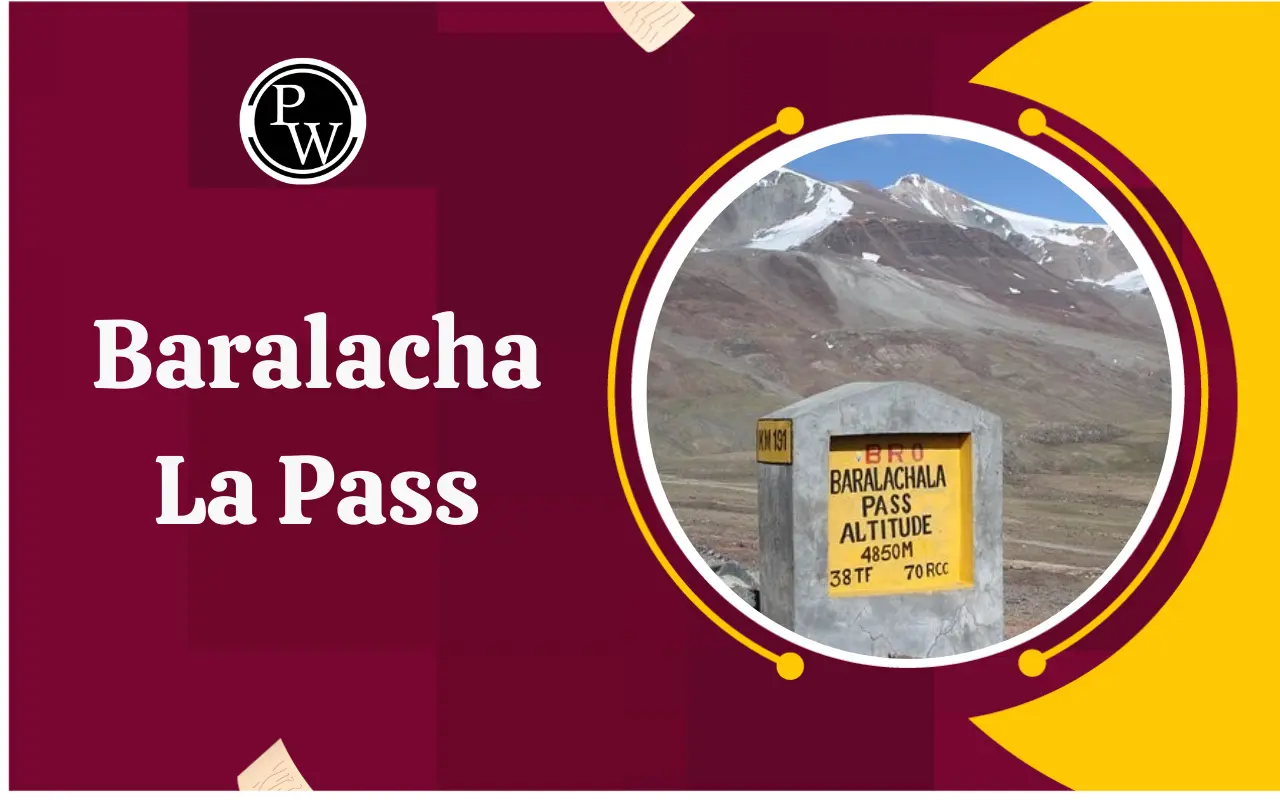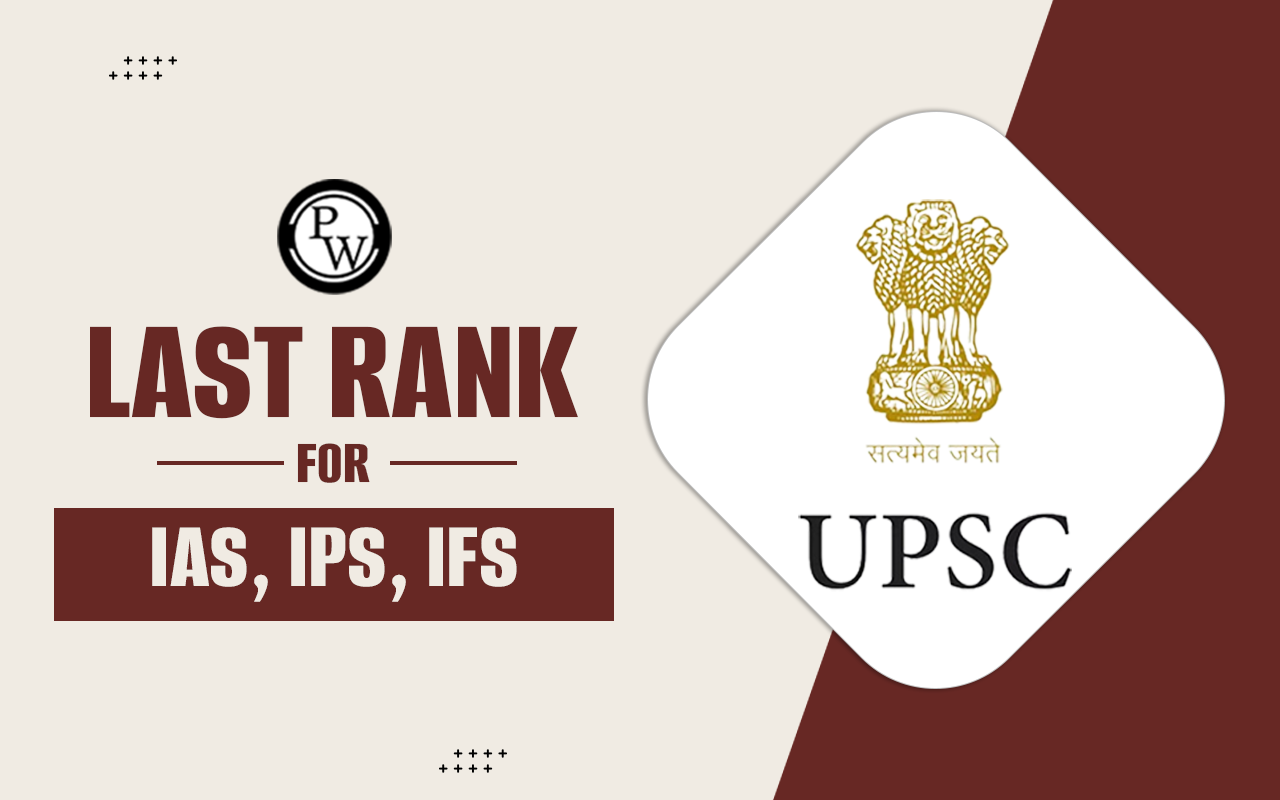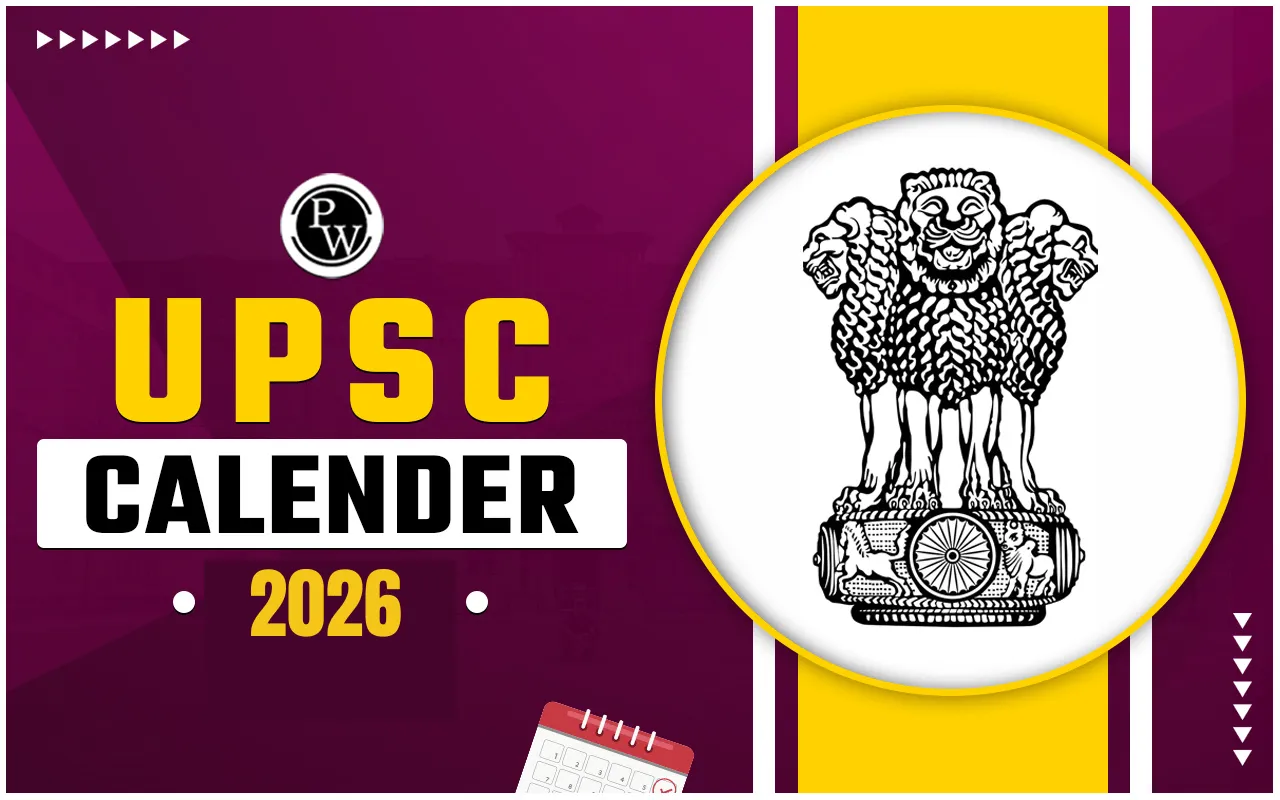
UPSC Konkani Literature Optional 2025 is a specialized subject among 48 optional subjects for the IAS Mains exam. This optional focuses on the study of Konkani language, its literary works, history, and cultural heritage, enabling candidates to showcase their expertise in this regional language. In the Civil Service Mains examination, UPSC Konkani Literature Optional Syllabus 2025 is divided into Paper 1 and Paper 2, each worth 250 marks. Find the complete syllabus here.
UPSC Konkani Literature Optional Syllabus 2025
For UPSC aspirants choosing Konkani literature as their optional subject, the UPSC syllabus for Konkani literature covers a wide range of texts and authors, reflecting the language's rich literary heritage. It consists of two papers, Paper I and Paper II, making a total of 500 marks. Understanding the breadth and depth of this syllabus is essential for a comprehensive preparation approach.
UPSC Konkani Literature Optional Syllabus for Paper I
Paper I focuses on the evolution of the Konkani language and literature, including its historical background, grammar, and major literary movements. The syllabus for Paper I is divided into two sections:
| Section A - History of the Konkani Language | |
|
| Section B - History of Konkani Literature | |
|
UPSC Konkani Literature Optional Syllabus for Paper II
Paper II requires an analytical and in-depth study of prescribed texts, ranging from ancient to modern times. It involves critical appreciation and contextual understanding of the works.| Section A: Prose |
| 1. (a) Konkani Mansagangotri (excluding poetry) ed. by Prof : Olivinho Gomes. (b) Old Konkani language and literature—the Portuguese Role 2. (a) Otmo Denvcharak—a novel by A. V. da Cruz. (b) Vadoll ani Varem—a novel by Antonio Pereira. (c) Devache Kurpen—a novel by V.J.P. Saldanha. 3. (a) Vajralikhani—Shenoy goem-bab-An anthology-ed. by Shantaram Varde Valavalikar. (b) Konkani Lalit Niband—Essays-ed. by Shyam Verenkar. (c) Teen Dasakam—An anthology—ed. by Chandrakant Keni. 4. (a) Demand—Drama-by Pundalik Naik. (b) Kadambini: A Miscellany of Modern Prose—ed. by Prof. O.J.F. Gomes and Smt. P.S. Tadkodkar. (c) Ratha Tujeo Ghudieo—by Smt. Jayanti Naik. |
| Section B: Poetry |
| 1. (a) Ev ani Mori : Poetry by Eduardo Bruno de Souza. (b) Abravanchem Yadnyadan—by Luis Mascarenhas. 2. (a) Godde Ramayan—ed. by R.K. Rao. (b) Ratnahar I and II—collection of poems—ed. R. V. Pandit. 3. (a) Zayo Zuyo—poems- Manohar L. Sardessai. (b) Kanadi Mati Konkani Kavi—Anthology ofPoems—ed. Pratap Naik. 4. (a) Adrushatache Kalle—Poems by Pandurang Bhangui. (b) Yaman—Poems by Madhav Borkar. |
UPSC Konkani Literature Optional Pattern
The UPSC Konkani Literature Optional follows the standard pattern set for optional subjects, comprising two papers - Paper 1 and Paper 2 , each carrying 250 marks. The structure of each paper includes two sections , presenting a total of eight questions. Aspirants are required to answer five questions in total, with Questions 1 and 5 designated as compulsory. From the six remaining questions, candidates must ensure that at least one question is attempted from each section.| Particular | Details |
| Mains Paper | Paper VI and Paper VII |
| Subjects | Paper-I and Paper-II |
| Total Marks | 500 (250 Each) |
| Time allowed | 3 Hours for each paper |
| Sections | Section A and Section B |
| Questions | Total 8 questions with subparts |
| Compulsory Question | Question No. 1 and 5 |
| Marks Distribution | 10, 15, and 20 marker questions |
UPSC Konkani Literature Preparation Strategy
Preparing for Konkani Literature as an optional subject in the UPSC Civil Services Examination requires a focused and strategic approach. Here's a comprehensive preparation strategy:
Understand the Syllabus: Begin with a thorough review of the syllabus, noting the authors and texts mentioned.
Read Widely: Engage with a broad range of Konkani literature to familiarize yourself with different styles and periods.
Essential Books and Resources: For comprehensive preparation, candidates should explore a variety of sources, including Classical and contemporary works of Konkani literature, to get a grasp on the language.
Critical Analysis: Practice writing critical essays on major works, focusing on thematic and stylistic analysis.
Previous Year UPSC Konkani Literature Question Papers: Analyze past UPSC question papers for Konkani literature to understand the exam pattern and question trends.
Revision and Mock Tests: Regular revision and taking mock tests will help consolidate your knowledge and improve your writing skills.
Reading Original Texts: It's essential to read literature in its original form. This helps in developing your own writing style using eloquent language.
Staying Relevant: Focus on directly addressing the question and avoid unnecessary diversions. Keep your response centered on the specific aspects of Konkani literature being asked about.
Comparing Different Literatures: Drawing comparisons between Konkani literature and works from other languages like English, Hindi, Marathi, Greek, African, Telugu, Tamil, etc., can add depth and uniqueness to your answers.
UPSC Konkani Literature Optional Books for Preparation
Selecting the right resources is essential for mastering the Konkani Literature Optional. The books listed below are meticulously chosen to cover the breadth and depth of the Konkani syllabus, offering insights into its rich literary heritage, critical analyses, and cultural nuances.
| Paper I | Paper II (Konkani Literature Texts) |
|
1. Saraswat Konkani Sahitya: Itihas Ani Samiksha by Ravindra Kelekar 2. Konkani Sahitya Darshan by Damodar Mauzo 3. Konkani Bhasheche Samajik Itihas by Madhavi Sardessai 4. Konkani Sahitya Anekatta: Ek Abhyan by Surendra H Naik 5. Konkani Abhivyakti by Vinayak Khedekar Konkani Sahitya by B B Borkar 6. Sahitya Loka: Konkani Sahitya Ani Bhasha by Anant G Kudtarkar |
1. Konkani Manasagangotri (excluding poetry) ed. by Prof: Olivinho Gomes. 2. Old Konkani language and literature- The Portuguese Role 3. Otmo Denvcharak- a novel by A. V. da Cruz 4. Vadoll ani Varem- a novel by Antonio Pereira. 5. Devache Kurpen- a novel by V.J.P. Saldanha 6. Demand-Drama- by Pundalik Naik. 7. Kadambini: A Miscellany of Modern Prose- ed. by Prof. O.J.F. Gomes and Smt. P.S. Tadkodkar. 8. Ratha Tujeo Ghudieo by Smt. Jayanti Naik 9. Other literary works that are mentioned in the syllabus. |
If you want to explore online coaching courses to prepare for the Mains, check PW UPSC Courses!
UPSC Konkani Literature Syllabus FAQs
Can I select UPSC Konkani literature as my optional if I'm not a native speaker?
How challenging is it to cover the UPSC Konkani literature syllabus?
Are there enough study materials available for Konkani literature?
How much time is required to prepare for the Konkani literature?
Is coaching necessary for Konkani literature optional?

